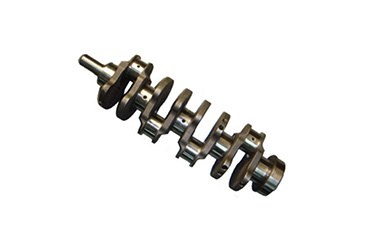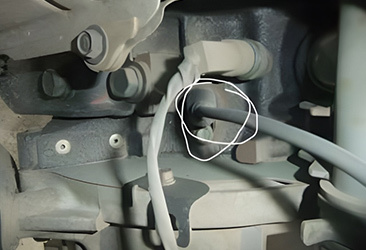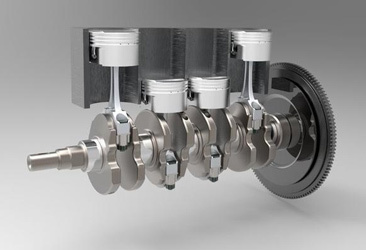How does the engine crankshaft dissipate heat when it frequently rubs? The principle is surprisingly simple!
Release time:
2021-03-24
The engine crankshaft's friction and heat dissipation rely on oil splashing lubrication and a specialized oil circuit system. Engine oil, also known as engine lubricant, is not only used for lubrication but also serves to dissipate heat and prevent corrosion. Heat is transferred through the oil to the radiator, which carries away the heat through the engine cooling system. Therefore, as long as the oil condition is good, it will not affect heat dissipation.
The friction and heat dissipation of the engine crankshaft rely on oil splashing lubrication and a dedicated oil passage system. The oil, known as engine lubricant, is not only used for lubrication but also serves to dissipate heat and prevent corrosion. Heat flows through the oil to the radiator, where it is carried away by the engine cooling system. Therefore, as long as the oil condition is good, it will not affect heat dissipation.
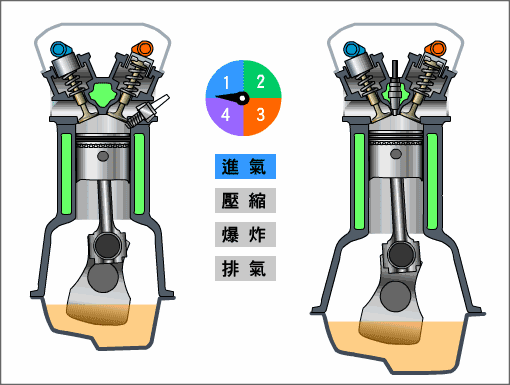
As shown in the figure, when the engine crankshaft operates, it always receives lubrication and cooling from the oil. The crankcase is divided into upper and lower parts; the upper crankcase is integrally cast with the cylinder block and has a closed structure. The lower crankcase is used to store oil and does not require high strength; it is generally made from thin steel plate stamping.
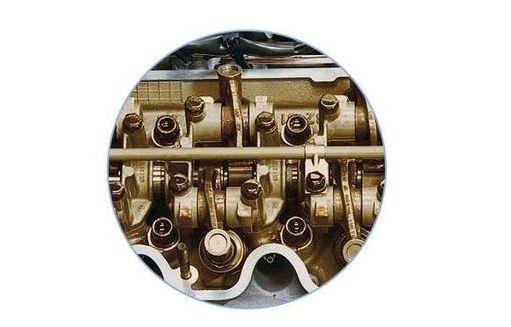
The lower crankcase, also known as the oil pan in mechanical terms, contains stabilizing baffles to prevent excessive fluctuations of the internal oil level when driving on bumpy roads. At the bottom of the lower crankcase, there is a drain plug made of permanent magnet material to attract small metal debris generated during engine operation. Gaskets are added between the upper and lower crankcases to prevent lubricant leakage.
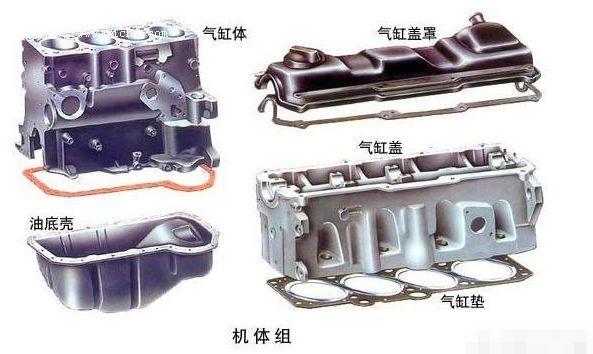
This is the structure of the crankcase; the crankshaft can always receive effective lubrication. With good lubrication, naturally, temperatures will not be high. Coupled with the heat dissipation capability of the oil, this allows for stable engine operation. Engines produced for installation in vehicles are generally qualified, so there’s no need for concern.
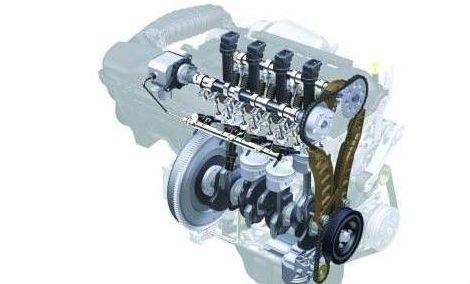
Latest News


